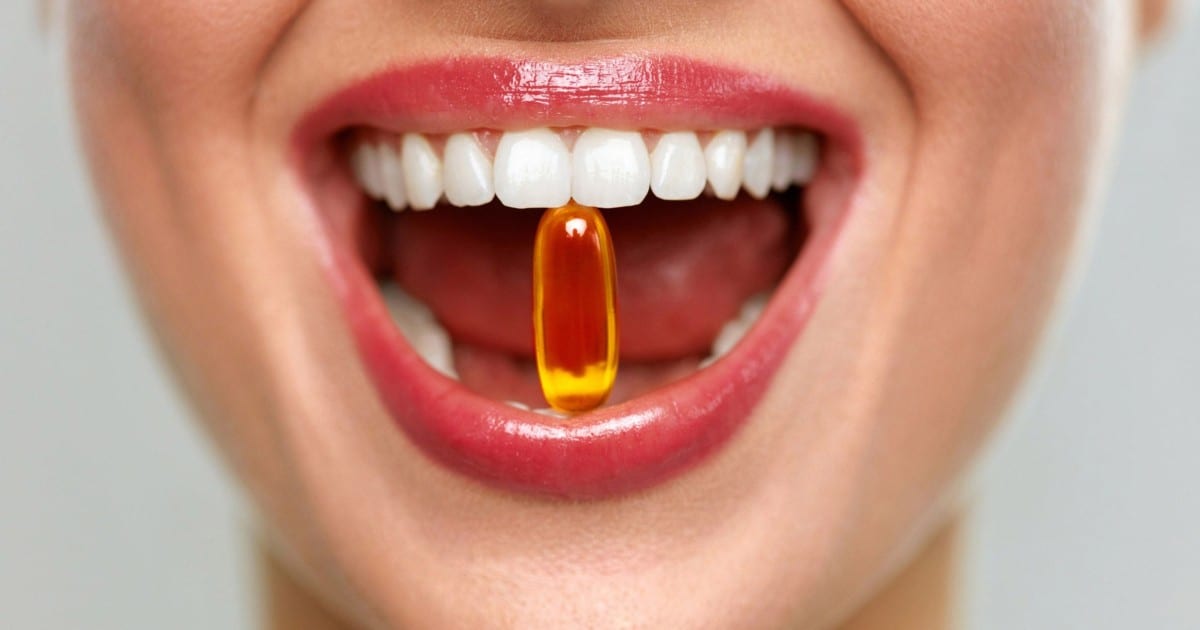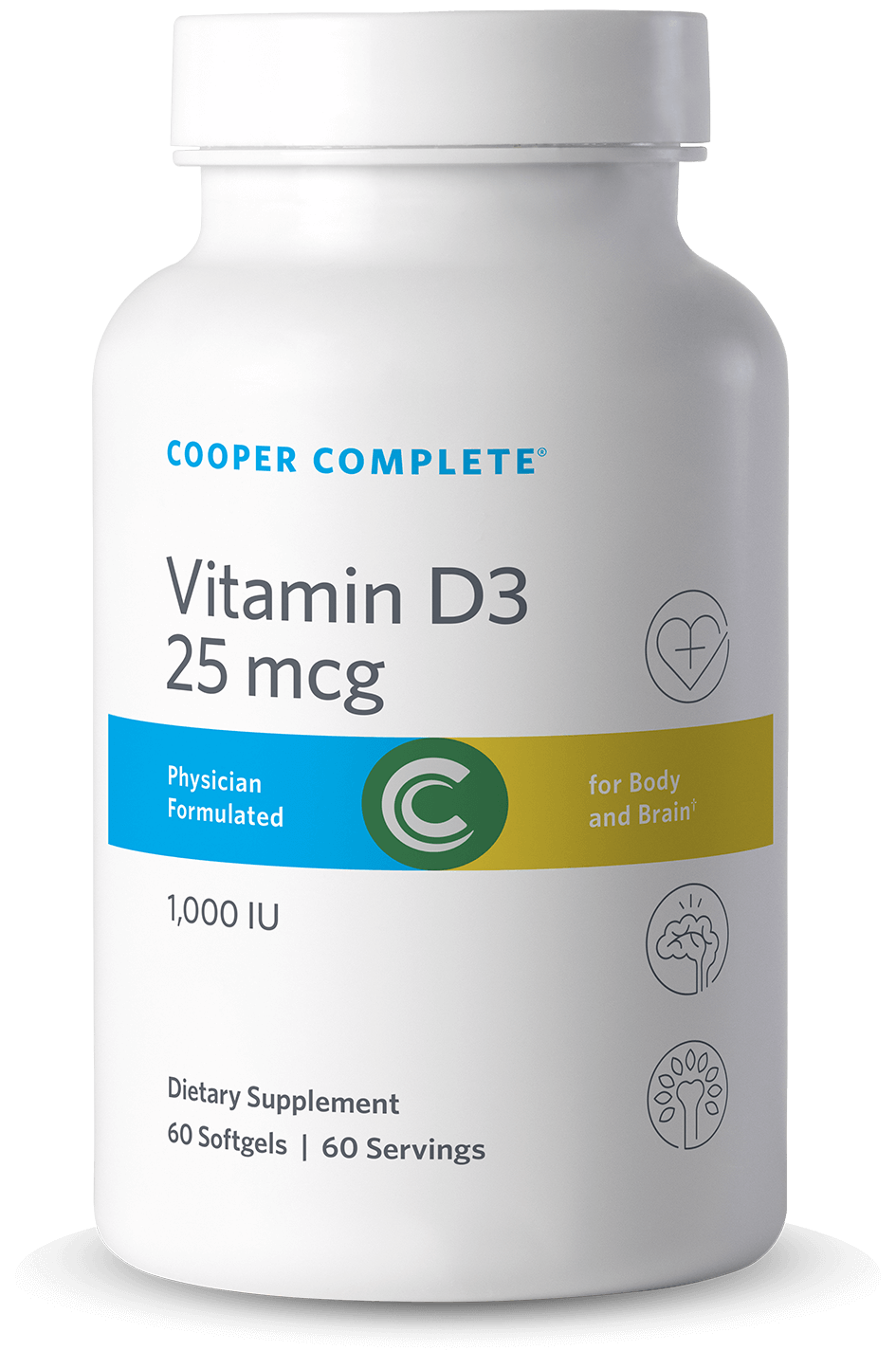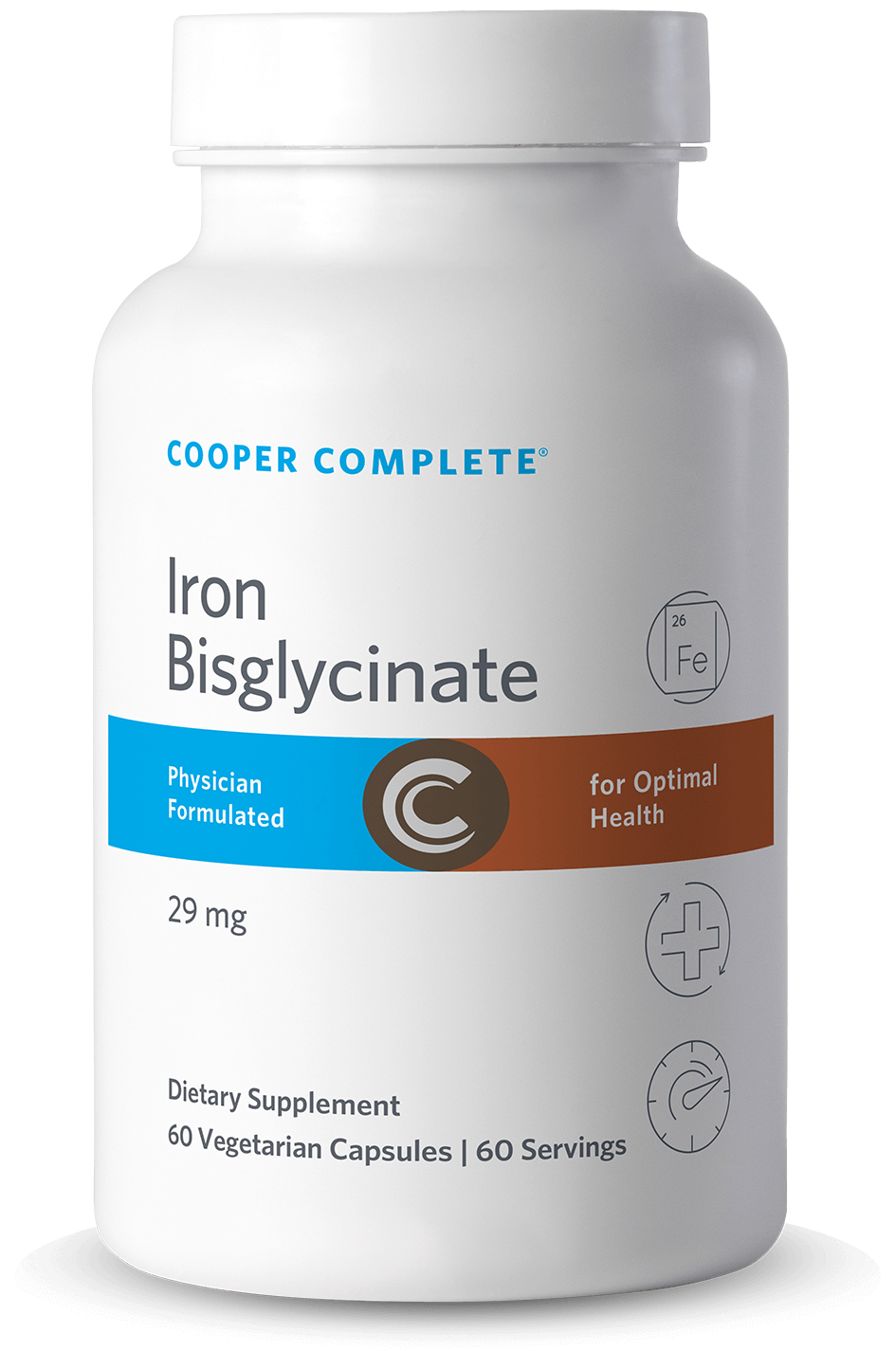Best Vitamins and Supplements for Women

Supplement recommendations can vary between men and women. Women may need to rely more on supplements such as iron, calcium and vitamin D, especially in their child-bearing years.
Cooper Clinic Preventive Medicine Physician Carolyn M. Terry, MD, discusses the vitamin deficiencies she most commonly sees and gives her advice on supplements for her female patients to help get their levels back on track.
Table of Contents
Vitamin D Supplements for Women
Why Vitamin D Matters for Women’s Health
“One of the most important things I discuss with my female patients is how to protect bone mineral density and reduce their risk of developing osteopenia or osteoporosis,” says Dr. Terry.
Vitamin D deficiency is a common condition that can increase one’s risk of developing osteoporosis and osteopenia†. Research has explored potential links between vitamin D levels and other health concerns, but findings are still being evaluated. While many patients believe that getting more sun will help replenish their vitamin D levels, that couldn’t be further from the truth.
“Going in the sun more is not really a great option to improve your vitamin D level because you’re exposing yourself to the harmful effects of ultraviolet light and increasing your risk for skin cancer. The safer, more effective way to replenish vitamin D is through supplementation†,” says Dr. Terry.

Vitamin D3 25 mcg (1000 IU) Supplement
Many individuals don't get enough vitamin D from sunlight or through diet. Vitamin D3 form of Vitamin D Supplement for better absorption.†
$12.98 Add to cartHow to Test and Supplement Vitamin D
A blood test will reveal your vitamin D level, and from there, your physician can recommend the proper amount of supplementation. Cooper Clinic physicians recommend:
- Taking at least 50 mcg (2,000 IU) of vitamin D daily
- Obtaining a vitamin D level of 40-60 ng/ml
Cooper Complete Vitamin D is available in both 25 mcg (1,000 IU) and 125 mcg (5,000 IU) forms. Once placed on a vitamin D supplementation program, Dr. Terry recommends follow-up testing to help ensure you’re maintaining an optimal level.
Bonus: Learn more about the health benefits of vitamin D.
Calcium Supplements for Bone Health
Why Calcium Is Important for Women
Calcium plays a vital role in supporting bone health†. However, without sufficient vitamin D, many women may not absorb calcium as effectively†.
“You need a proper level of vitamin D in your system to effectively absorb calcium,” explains Dr. Terry. “Many women aren’t getting enough calcium from their diet.”
Calcium is crucial as it helps mineralize bones and support skeletal structure and function. However, as with any vitamin, Dr. Terry recommends obtaining the recommended calcium levels from your diet.
Food Sources of Calcium for Women
Calcium-rich foods include:
- Dairy products (cheese, milk, yogurt)
- Soy products (tofu, tempeh, edamame, soymilk)
- Chia seeds
- Dark, leafy greens (spinach, kale, collard greens)
Whether you aren’t consuming enough dairy due to allergies or intolerance or because you don’t enjoy calcium-rich foods, supplementation can be beneficial.
How Much Calcium Do Women Need?
Cooper Clinic recommends the following for daily calcium intake for women:
- Women ages 19-50: 1,000 mg
- Women age 51 and older: 1,200 mg
Cooper Complete’s Calcium Citrate contains 500 mg of calcium in each two-tablet serving.
Bonus: See this article for a deep dive into calcium supplements.

Iron Bisglycinate Supplement 29 mg
Iron Bisglycinate Supplement contains 29 mg of gentle and highly absorbable Ferrochel® (a patented chelated iron in the form of iron bisglycinate) intentionally designed to avoid gastric upset or constipation.
$16.98 Add to cartIron Supplements to Support Energy
Why Women Are at Greater Risk of Low Iron
Women experience significant changes in iron status throughout their reproductive lifespans. During the years in which women are actively menstruating, they are at a greater risk of developing iron deficiency.
Common Signs of Low Iron Levels
Low iron levels can impact energy and overall well-being†. Common signs of low iron may include:
- Feeling tired or low in energy (extreme fatigue)†
- Weakness†
- Dizziness or lightheadedness†
- Increased heart rate or heart palpitations†
- Irritability†
- Cold hands and feet†
- Brittle nails†
- Unusual cravings for ice or non-nutritive substances such as dirt or starch†
How to Check and Supplement Iron
At Cooper Clinic, comprehensive lab analysis includes the ferritin lab test, which measures your iron storage level. Recommended daily levels of iron include:
- Women ages 19-50: 18 mg
- Women age 50 and older: 8 mg
“Many of my female patients will be low in ferritin, which means they are iron deficient,” says Dr. Terry. “If that’s the case, I recommend they take Cooper Complete Basic One Multivitamin with Iron or Original Multivitamin with Iron†. If more than 18 mg of iron from the multivitamin is needed, there is a supplemental iron.”
It is advised that women who are actively menstruating take a multivitamin with iron. If you’re post-menopausal, Dr. Terry says it may not be necessary to require an iron-supplemented product.
Takeaway
It’s always best to know what your vitamin levels are to guide supplementation therapy. Most vitamin levels can be checked through a blood test, which is included in Cooper Clinic’s comprehensive exam.
Medically Reviewed By: Carolyn M. Terry, MD, a preventive medicine physician at Cooper Clinic.
